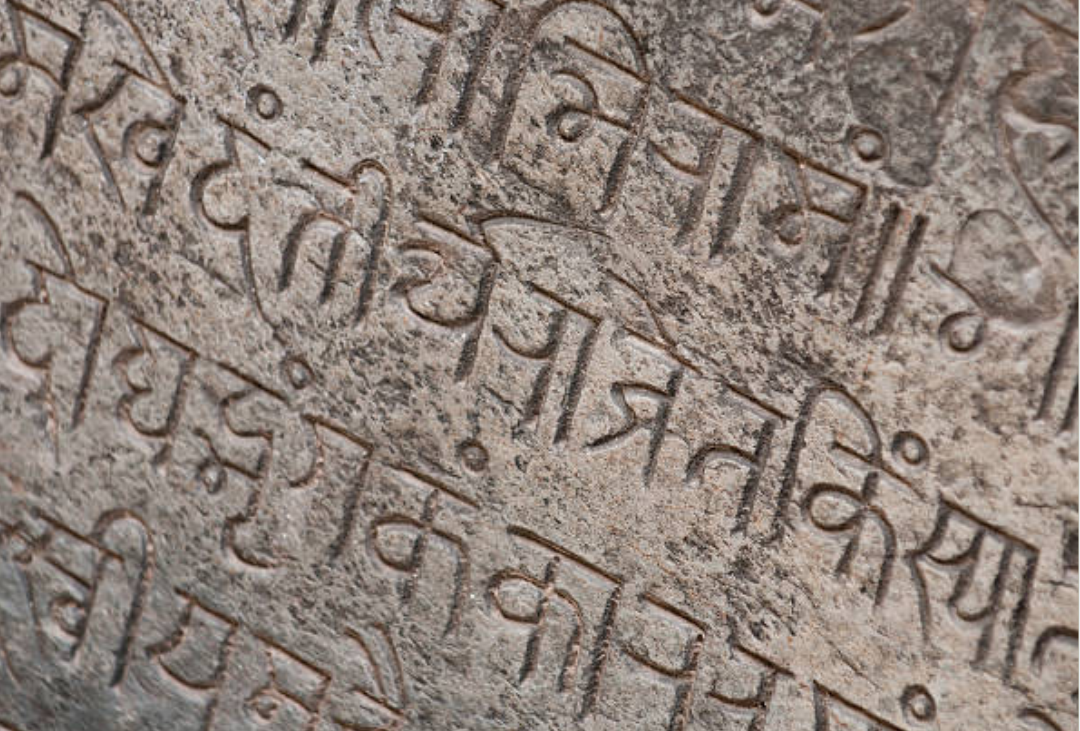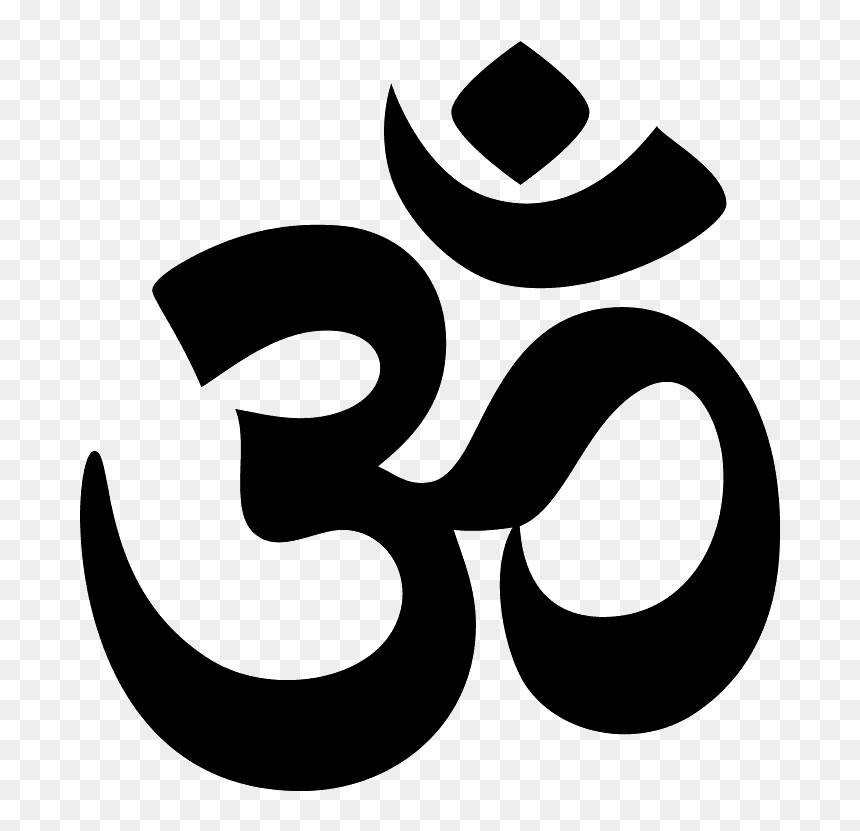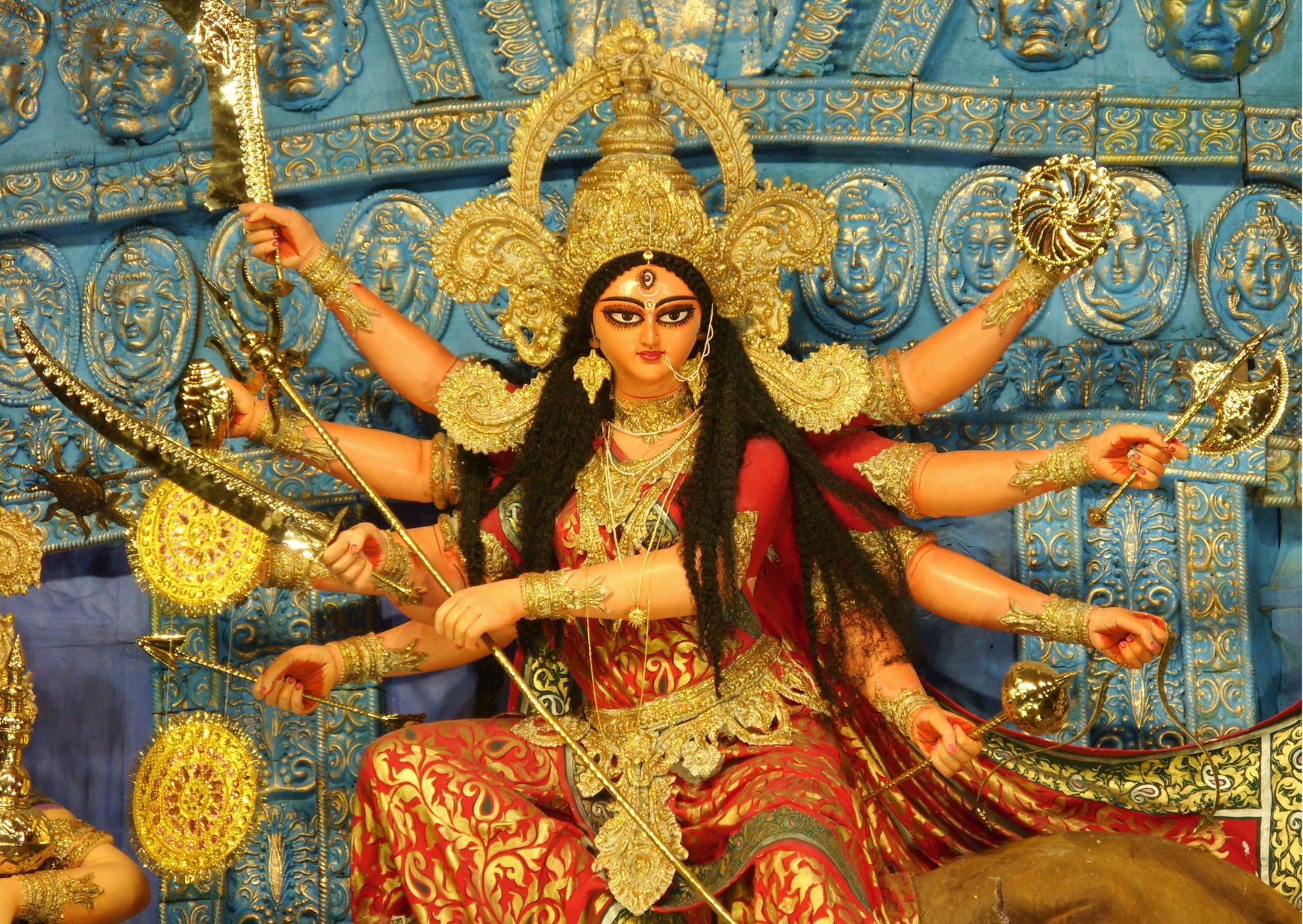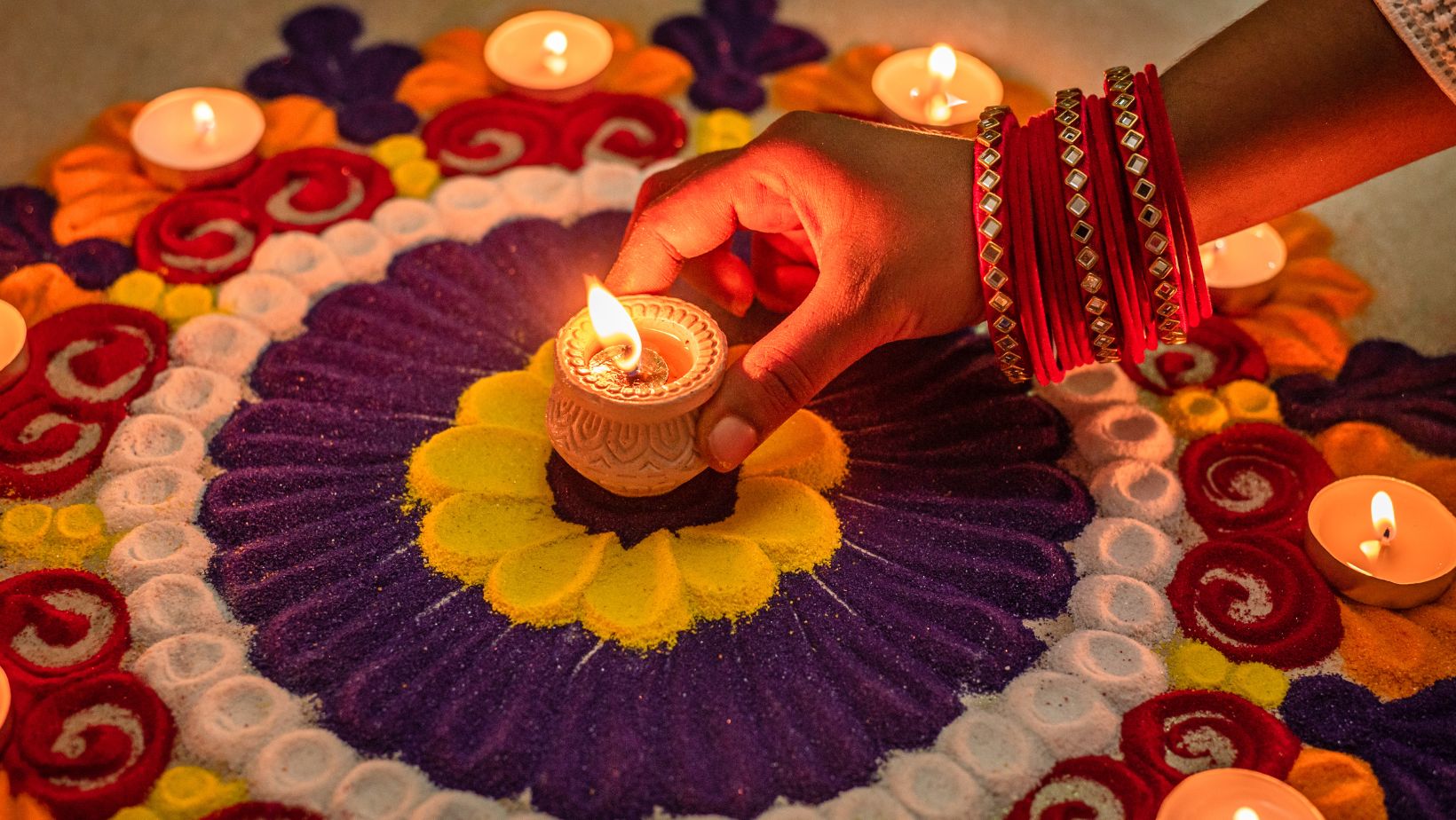Do you know these common English words of Sanskrit origin?
Many Sanskrit words have been adopted and put into use across various geographies and their respective languages. Here is a list of the Sanskrit words in the English vocabulary.
The Sanskrit language and script is one of the three earliest ancient documented languages that dates back to at least 5000 years. Ancient languages such as Latin and Greek find similarities to the Sanskrit phonetics, grammar and script. Over time many Sanskrit words have been adopted and put into use across various geographies and their respective languages. Let's get to some of them that found themselves embedded in the English dictionary!
English words of Sanskrit origin:
English words that comprise the structure of a family
- Mother from maatr
- Father from pitr
- Brother from bhraatr
- Sister from svasr
- Son from sunu
- Daughter from duhitr
Interesting isn't it ? This list of words of Sanskrit origin more or less covers the entire Family! Moving on to numbers we have:
- Three from tri
- Penta from panch
- Seven from sapta
- Eight from ashta
- Deca from dasha
From family and numbers we move on to English names of food items that also find their origin in Sanskrit.
- Sugar from sharkara
- Pepper from pippala
- Orange from naaranga
- Rice from vrihi
- Dal from dalah
- Neem from nimba
The Flora and Fauna can definitely not be missed finding a mention here. English words with Sanskrit origin in this genre are:
- Grass from ghaasa
- Jungle from jangala
- Cow from gau
- Serpent from sarpa
- Cheetah from chitra
- Langoor from laangulam
- Mouse from muusha
- Panther from pandara
The next category to have a handful of English words with Sanskrit origin belongs to the human body:
- Cough from kapha
- Vomit from vama
- Voice from vachas
- Dental from danta
- Mouth from mukha
- Heart from hrit
- Nose from naasa
- Seniews from snaayu
- Smile from smi
- Man from manu
Moving on from the human body to an extensive list of english words with sanskrit origin related to our mind, emotions and the higher order.
- Mind from man
- Me from maa
- Ignited from agni
- Create from kri
- Myth from mithya
- New from nava
- Stay from sthaa
- Path from patha
- Monk from muni
- Saint from sant
- Serve from Sevaa
The list above isn’t exhaustive and a few more are listed below to keep you hooked !
- Gene from jan
- Same from sama
- Name from naama
- Door from dvaawara
- Mix from mishra
- Mortuary from mrita
- That from tat
- Vehicle from vah
- Opal from upala
- Committee from samiti
- Widow from vidhavaa
- Cot from kaTa
And there are more! It is worth noting that any language during its peak time of usage as a spoken language will have its words imported into other languages prevalent at that time. Right from 1CE to 1000CE India remained a global superpower accounting for 33% of the world’s GDP. (IMF, Angus Maddison). Indian products were loved, highly sought after and exported all across the globe. Such was the lasting impact of the flourishing Indian trade that it extended to Sanskrit words being adopted and remaining prevalent even today across other geographies.
Not only is Sanskrit taught in eighteen universities across India today, but it is also as a subject taught in across innumerable schools in various nations around the world. As slowly the language is seeing much welcome revival in interest we're not surprised that we had been speaking its words in so many other languages all along!






